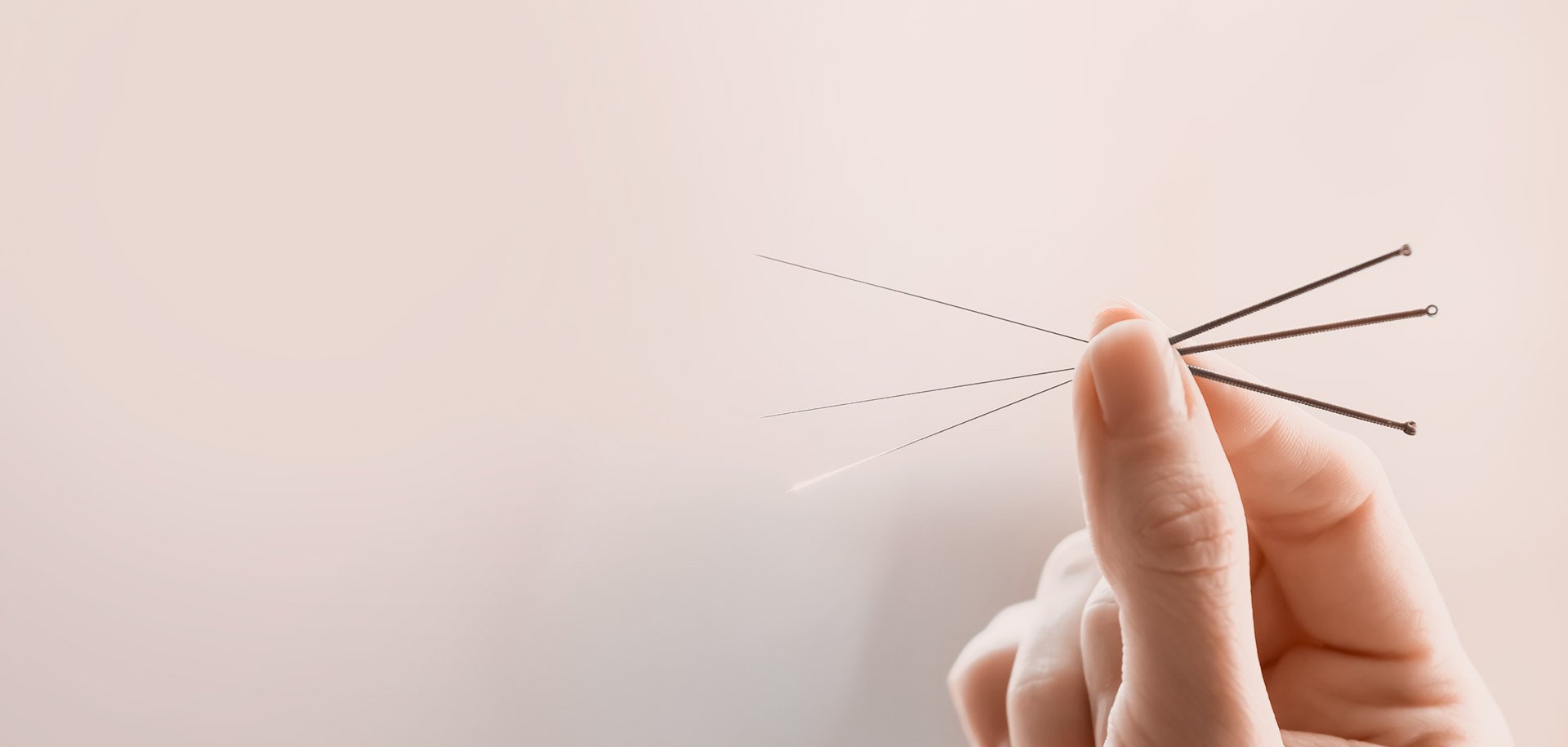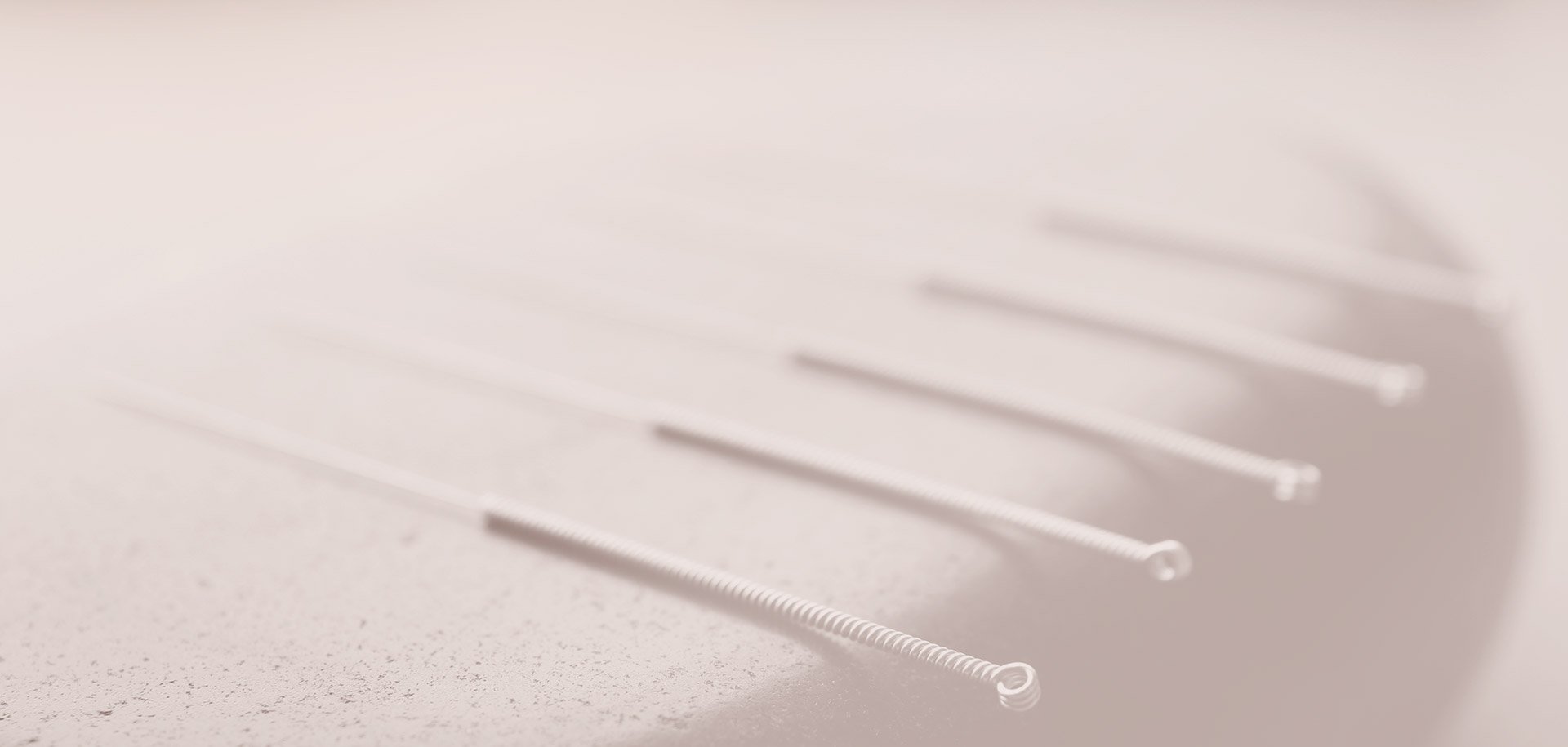Menopause and Sleep Problems: How to Manage Insomnia and Improve Restful Sleep
Menopause is a significant phase in a woman’s life, marking the end of her menstrual cycles and fertility. However, this transition often brings with it a range of challenging symptoms, with one of the most disruptive being sleep problems. Many women experience significant disruptions in their sleep during menopause, and these issues can have a profound effect on their overall health and well-being. At Phases Health, we provide personalized solutions to help women manage menopause-related sleep disturbances and improve sleep quality during this crucial life stage.
What Are Menopause and Sleep Problems?
Menopause and sleep problems are closely linked, as hormonal changes during menopause can interfere with the body’s ability to maintain a healthy sleep cycle. The drop in estrogen and progesterone levels during menopause can lead to disruptions in the sleep-wake cycle, making it harder for women to fall asleep, stay asleep, or achieve deep, restorative sleep. As a result, many women experience symptoms like insomnia, night sweats, and frequent waking during the night.
Sleep disturbances during menopause are often linked to other common symptoms of the transition, such as hot flashes, mood swings, and anxiety. These symptoms can create a cycle of poor sleep, leading to fatigue, irritability, and difficulty concentrating during the day. Moreover, poor sleep can worsen menopausal symptoms, further complicating the situation. Many women find that menopause significantly affects their sleep quality, making it essential to find ways to manage these issues effectively.
Why Do Sleep Problems Occur During Menopause?
The main reason women experience sleep disturbances during menopause is due to hormonal fluctuations, particularly the decline in estrogen and progesterone. Estrogen plays a role in regulating the sleep-wake cycle and body temperature, so when its levels drop, women may experience night sweats and hot flashes that disrupt their sleep. Progesterone, which promotes relaxation and sleep, also declines during menopause, making it more difficult to fall asleep and stay asleep.
In addition to hormonal changes, menopause often brings about increased levels of stress and anxiety, which can further interfere with sleep. The emotional and psychological effects of menopause, such as mood swings and feelings of uncertainty, can contribute to insomnia and other sleep disorders. Furthermore, lifestyle factors, such as irregular sleep schedules, poor diet, or a lack of physical activity, can exacerbate sleep problems during menopause.
Managing Menopause and Sleep Problems
Managing sleep problems during menopause requires a holistic approach that addresses both the physical and emotional aspects of the condition. While some women may turn to medication to alleviate sleep disturbances, many prefer more natural and non-invasive solutions. Here are several strategies to improve sleep during menopause:
1. Lifestyle Adjustments
Making simple changes to your daily routine can have a significant impact on sleep quality during menopause. Regular physical activity, such as walking, yoga, or swimming, can help regulate hormone levels, reduce stress, and promote better sleep. It’s also important to maintain a healthy diet, rich in vitamins, minerals, and healthy fats, which can help balance hormones and improve overall health. Additionally, practicing relaxation techniques such as meditation, deep breathing exercises, or mindfulness can help reduce stress and prepare the body for restful sleep.
2. Hormone Replacement Therapy (HRT)
For women experiencing severe symptoms, Phases Health offers hormone replacement therapy (HRT), which can help restore hormonal balance and reduce menopause-related sleep disturbances. HRT works by supplementing estrogen and progesterone, helping to alleviate symptoms like hot flashes, night sweats, and mood swings. By restoring hormonal balance, HRT can help improve sleep quality and reduce insomnia. However, it is important to consult with a healthcare provider to discuss the risks and benefits of HRT and determine if it is right for you.
3. Acupuncture and Natural Therapies
Acupuncture is another natural therapy that has shown promise in managing menopause-related sleep problems. This traditional Chinese medicine practice involves inserting thin needles into specific points on the body to help regulate energy flow, reduce stress, and promote relaxation. Studies have shown that acupuncture can help alleviate symptoms like hot flashes, anxiety, and insomnia, leading to improved sleep quality. At Phases Health, we offer acupuncture and other holistic treatments to support women through their menopause journey.
Why Seek Help from Phases Health?
If you’re struggling with sleep problems during menopause, Phases Health provides tailored treatments designed to help you navigate this challenging time. Our team of skilled practitioners specializes in addressing the root causes of menopause-related sleep disturbances, offering a range of holistic treatments, including acupuncture, hormone therapy, and lifestyle adjustments. We are committed to helping you restore balance, improve your sleep, and enhance your overall well-being during menopause.
Conclusion
Menopause and sleep problems are a common combination, but they don’t have to disrupt your life. With the right approach, it is possible to manage and alleviate sleep disturbances during this phase. Whether through lifestyle changes, hormone replacement therapy, acupuncture, or other natural therapies, there are many ways to improve sleep quality and restore balance during menopause. For personalized care and effective solutions, reach out to Phases Health today to learn how we can support you in achieving restful, rejuvenating sleep during menopause.


